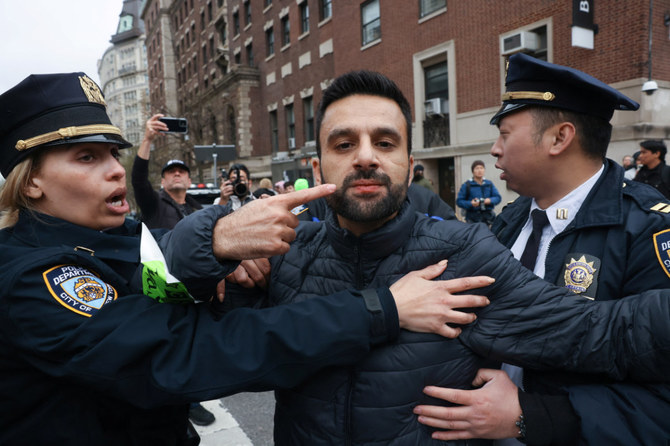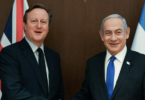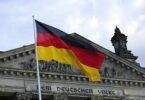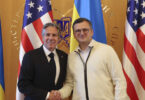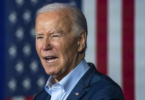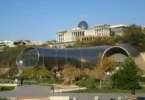NEW YORK (Reuters) : More than 100 pro-Palestinian protesters were arrested on Wednesday on the campus of Columbia University after its president authorized New York police to clear an encampment set up by students demonstrating against Israel’s actions in Gaza.
Columbia University President Nemat Minouche Shafik, who a day earlier came under fire from Republicans at a House of Representatives committee hearing on antisemitism on campus, said she had authorized police to clear an encampment of dozens of tents set up by protesters on Wednesday morning.
“Out of an abundance of concern for the safety of Columbia’s campus, I authorized the New York Police Department to begin clearing the encampment … ” Shafik said in a statement.
Shafik said the protesters had violated the school’s rules and policies against holding unauthorized demonstrations, and were not willing to engage with administrators.
New York City Mayor Eric Adams said police made over 108 arrests, adding “there was no violence or injuries during the disturbance.” Adams added students had the right to free speech but not the right to violate university policies. Police officials said the arrests were related to trespassing.
Columbia said it had started to suspend students who had participated in the tent encampment, which the school considers an unauthorized protest.
“We are continuing to identify them and will be sending out formal notifications,” a spokesperson of the university said in an email.
At least three students have already received suspension notices from Barnard College, an affiliate of Columbia, for participating in the encampment, Institute for Middle East Understanding, a pro-Palestinian advocacy group, said.
The three students were Isra Hirsi, Maryam Iqbal, and Soph Dinu, the institute said. Hirsi is the daughter of US Representative Ilhan Omar, who had expressed support for protesters during the hearing at which Shafik testified on Wednesday.
“Those of us in Gaza solidarity encampment will not be intimidated,” Hirsi said on social media after being suspended.
The clash, reminiscent of the demonstrations against the Vietnam War at Columbia more than 50 years ago, is the latest in a series of demonstrations on US university campuses since the latest escalation of the Israeli-Palestinian conflict began on Oct. 7. Anti-war protests have been staged near airports and on bridges in New York, Los Angeles and other cities, while vigils and marches have taken place in Washington and elsewhere.
Alongside the proliferations of protests, human rights advocates have also pointed to a rise in bias and hate against Jews, Arabs and Muslims in recent months.
The congressional committee on Wednesday accused Shafik of failing to protect Jewish students on campus, echoing accusations leveled against three other elite university leaders at a hearing last year that sent shockwaves through higher education.
She responded by saying the university was facing a “moral crisis” with antisemitism on campus, and Columbia had taken strong actions against suspected perpetrators.
Protesters at Columbia have demanded a permanent ceasefire in the Gaza enclave and an end to US military assistance for Israel, as well as divestment by the university from companies that profit from Israel’s incursion into Gaza.
The encampment was organized by a student-led coalition of groups, including Columbia University Apartheid Divest, Students for Justice in Palestine, and Jewish Voice for Peace.
Separately on Thursday, a march was also planned at the University of Southern California in support of Asna Tabassum, a Muslim student whose valedictorian speech was canceled by the university, which cited safety concerns.
Tabassum and her supporters say the university sought to silence her because of her opposition to the Israeli assault on Gaza, which has killed over 33,000 people, according to the Gazan health ministry, and displaced nearly all its 2.3 million population.
Israel’s assault was triggered by the Oct. 7 cross-border attack by Hamas militants that killed 1,200 people, according to Israeli tallies.

